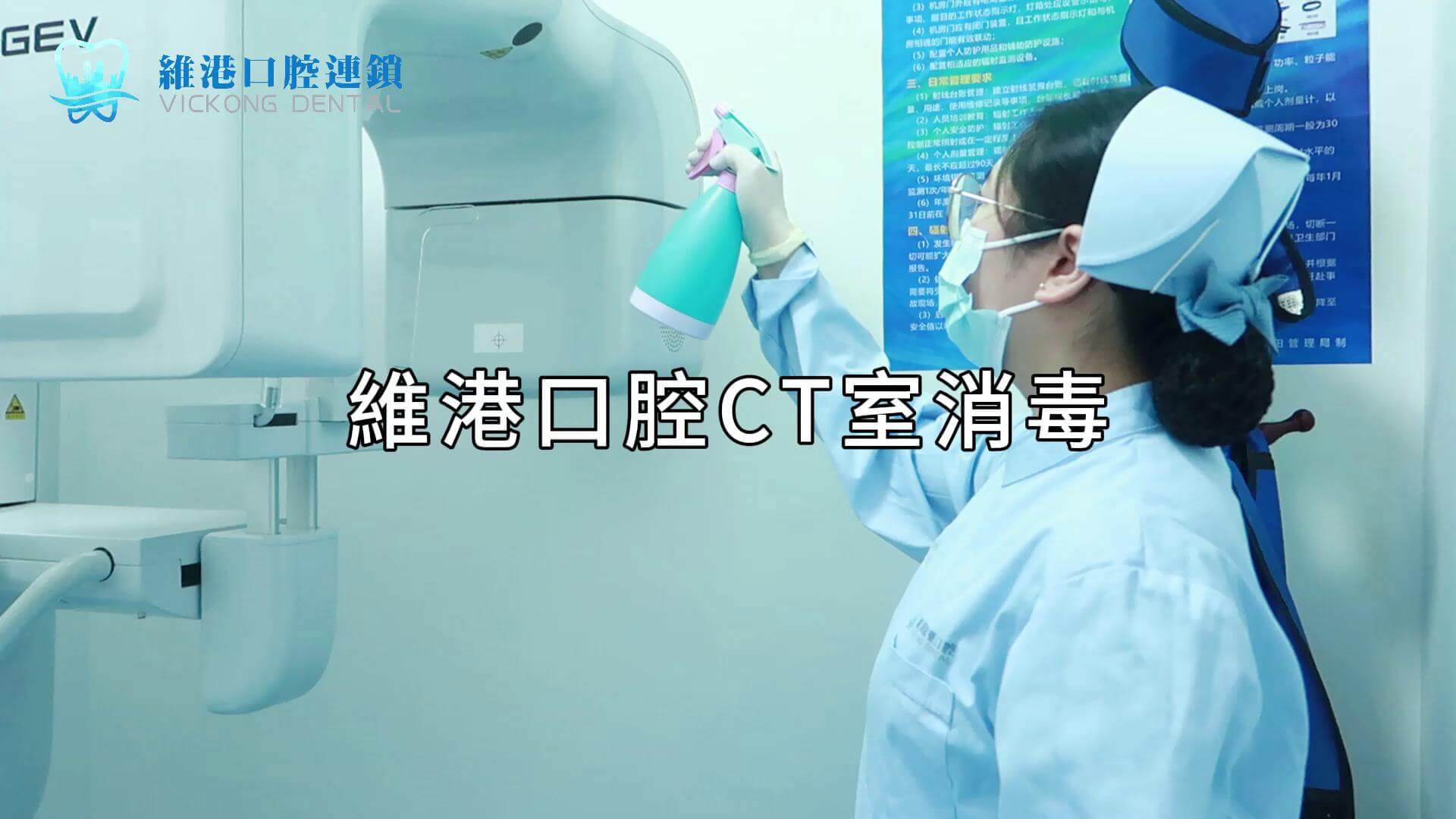**What Causes Gum Darkening After Getting Dental Implants in the North?**
In recent years, many people have traveled north for dental procedures, especially dental implants, due to convenient transportation and advanced technology. However, some individuals who return to Hong Kong notice their gums appear darker post-procedure, sparking concerns over whether the surgery was faulty or if theres an issue with the teeth. In this article, well explore the potential causes, preventative measures, and solutions for gum discoloration after dental implants in a practical manner.
**1. Reasons for Darkening of Gums**
1. **Pigmentation of Gums**
Individuals with darker skin tones or heavy pigmentation may naturally have gums that are not pink, but rather darker. If the implant is placed close to the gum tissue, temporary poor blood circulation post-surgery may enhance the natural pigmentation, making the gums appear "darker."
2. **Metal Influence**
Some implants utilize metal for the base or crown. If the gum tissue is thin, the metallic hue may shine through, creating a greyish-black shade. While this doesnt necessarily impact health, it might not be aesthetically pleasing.
3. **Minor Bruising or Blood Clots**
During recovery, gums need time to heal, and some may experience bruising or tiny clots akin to skin bruising. These typically fade within days or weeks.
4. **Gum Inflammation**
Inadequate post-surgical cleaning can lead to bacterial accumulation near the gums, causing inflammation and a darker, even reddened and black appearance. Its crucial to monitor this as inflammation can affect implant stability.
**2. How to Identify if Its a Natural Phenomenon or a Sign of Concern**
Generally, if theres no pain, swelling, or spreading of the dark area, and no discomfort while eating or brushing, it’s likely part of the normal recovery process. However, consult a dentist

promptly if you experience:
- Persistent gum swelling and heat
- Painful eating
- Expanding black area
- Bad odor or pus from gums
Early examination can prevent complications and ensure long-term implant success.
**3. Tips to Prevent Gum Discoloration**
1. **Maintain Oral Hygiene**
Brush twice daily post-implant, use floss or interdental brushes to clean between teeth and around the crown to minimize bacterial growth.
2. **Regular Check-ups and Cleanings**
Even without problems, visit a dentist for check-ups and cleanings every six months to maintain gum health.
3. **Follow Post-Operative Instructions**
Avoid very hard, hot, or spicy foods, refrain from touching the surgical site with hands, allowing gums to heal gradually.
4. **Balanced Diet and Adequate Rest**
A strong immune system aids quicker gum recovery and reduces pigment deposition and inflammation risks.
**4. What to Do If Gums Appear Dark After Implant**
Should you observe gum color changes after a northern implant procedure, remain calm and monitor for a few days. Seek dental advice immediately if theres pain or swelling. Many Hong Kong dentists are familiar with northern implant scenarios and can assess whether it’s a material issue, recovery process, or urgent inflammation concern.
Lastly, avoid self-medicating or relying on home remedies, as gums are delicate tissues and improper treatment can worsen the situation.
**Conclusion**
There are various reasons for gum darkening following dental implants, ranging from pigmentation, metal showing through, post-surgical bruising, to gum inflammation. While excessive worry is unnecessary, vigilance is advised. Maintaining good oral hygiene, regular check-ups, and adhering to professional advice can minimize gum discoloration issues. If there are pressing concerns, consulting a professional dentist immediately assures safe and enduring implant results.

























